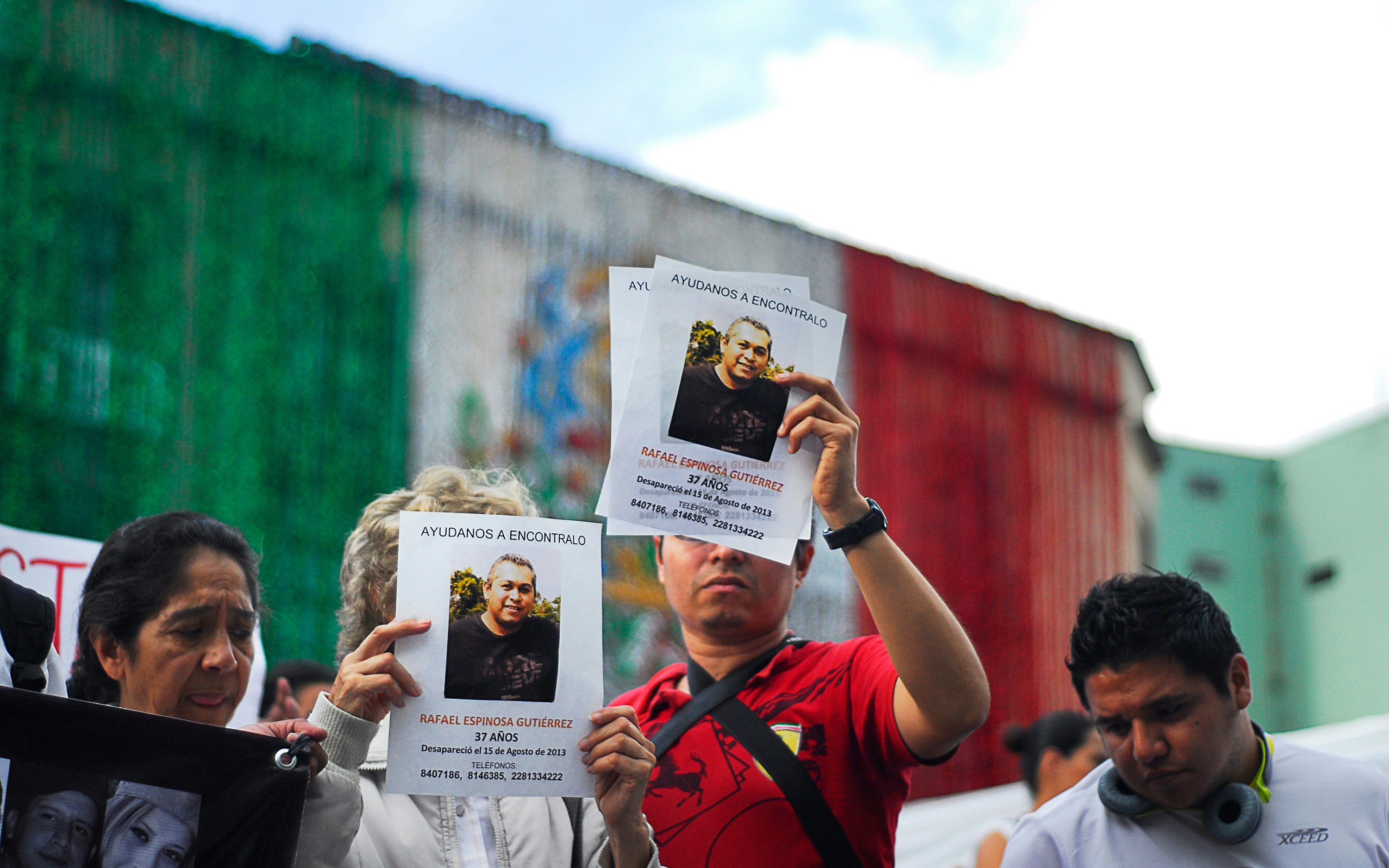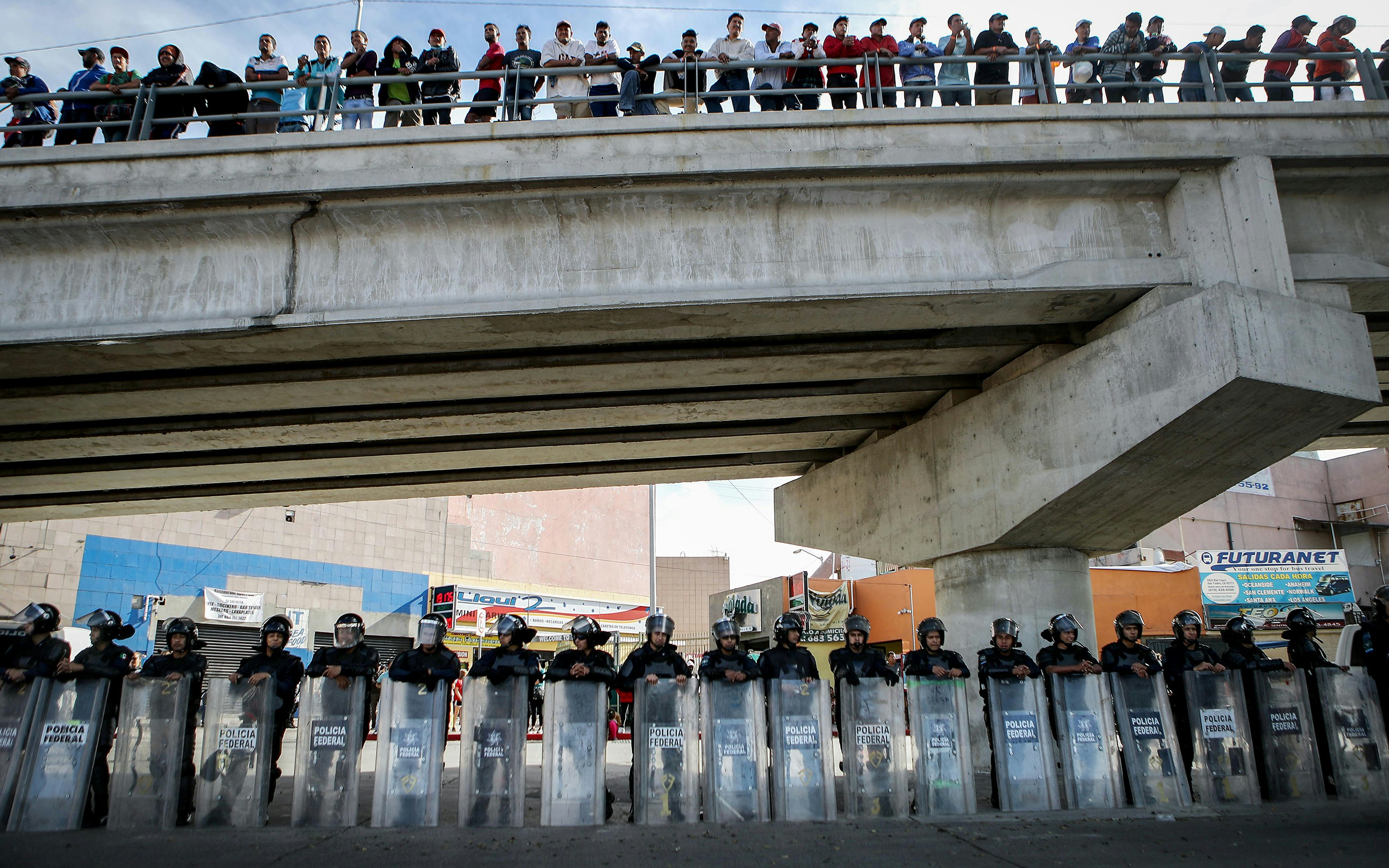United States v. Private First Class Chelsea Manning
Disproportionate Sentence for Leak of Government Files
Chelsea (formerly Bradley) Manning, while serving in the United States Army, found documents which suggested that there had been more than 15,000 unreported civilian deaths in Afghanistan and Iraq, and that the U.S. military had failed to investigate detainee abuse and torture. Manning released thousands of pages of documents to WikiLeaks. Manning was charged with espionage offenses, and on conviction was sentenced to 35 years’ imprisonment. At Manning’s appeal, the Justice Initiative filed an amicus curiae brief with the court, arguing that the sentence was disproportionate and unreasonable.
In January 2017, President Obama commuted her sentence, acknowledging that it was disproportionate compared with others convicted of leaking documents.
Facts
While working as an army intelligence analyst in Baghdad in 2010, Manning learned of violations of the U.S. Military’s Rules of Engagement, as well as thousands of civilian deaths that were unreported and uninvestigated by the military. Deeply troubled by this information, Manning uploaded to WikiLeaks more than 700,000 classified documents regarding the wars in Iraq and Afghanistan, as well as a video, dubbed “Collateral Murder,” taken from a military helicopter. The gunsight video shows soldiers in a U.S. military helicopter shooting down suspected insurgents, who were in fact civilians. The soldiers are heard congratulating each other on shooting the people, and even encouraging one another to shoot the wounded who are trying to crawl away, cheering when they get a kill.
Manning was subsequently arrested and charged with offenses under the Uniform Code of Military Justice (UCMJ).
On July 30, 2013, Manning was found Guilty of 20 charges. These related to accusations that, between November 1, 2009 and May 27, 2010, she “wrongfully and wantonly” caused to be published on the internet intelligence belonging to the United States Government, knowing that the intelligence would be accessible to the enemy, and that her conduct was therefore prejudicial to good order and discipline in the armed forced and of a nature to bring discredit upon the armed forces. Manning committed these crimes by downloading classified information from an Army computer and emailing it to WikiLeaks, which then posted the information on its website.
At the same time, Manning was found Not Guilty of two charges: “without proper authority, knowingly giv[ing] intelligence to the enemy, through indirect means, between 1 November 2009 and 27 May 2010,” in violation of UCMJ Art. 104; and disclosing a particular file sometime between 1 November 2009 and 10 January 2010, in violation of Art. 134.
On August 21, 2013, Manning was sentenced to 35 years in prison. Her rank was reduced to Private E-1, and she was dishonorably discharged. The presiding judge did not allow Manning to raise a defense of motive for the guilt phase of the trial, but allowed motive to be presented as a mitigating factor during the sentencing phase. Given that the maximum sentence for Manning on the convicted charges was 90 years’ imprisonment and military prosecutors sought a sentence of 60 years, the presiding judge may have accepted some mitigating factors during sentencing, although the court made no statement explaining the length of the sentence.
After Manning’s arrest, trial, and sentencing, she asked to be recognized as female. A Kansas Military Court Judge allowed Manning’s name change in April 2014, and the military approved a request for hormone replacement therapy in February 2015 in response to a federal lawsuit. Manning is still held in a male prison, and has twice attempted to commit suicide.
On January 17, 2017, President Barak Obama commuted all but four months of Chelsea Manning’s remaining prison sentence, setting a new release date of May 17, 2017, i.e. a total of seven years of confinement. President Obama defended the commutation, stating, “[it is] that the sentence that she received was very disproportionate relative to what other leakers had received and that she had served a significant amount of time, that it made sense to commute and not pardon her sentence. … I feel very comfortable that justice has been served.
Open Society Justice Initiative Involvement
Open Society Justice Initiative filed an amicus curiae, or “friend of the court,” brief on behalf of Chelsea Manning in the United States Army Court of Criminal Appeals.
Arguments
In the amicus brief, the Justice Initiative compared American case law with over 30 countries’ case law and statutes, as well as international treaties and resolutions, and argued that the 35 year sentence was “far higher than the penalties that our [the United States’] allies would consider proportionate in the light of the evidence regarding her motive and intent, and the public interest value of some of the disclosures.”
Cruel and Unusual Punishment. Manning’s sentence of 35 years’ imprisonment was cruel and unusual punishment, far exceeding the penalty necessary to punish her and deter others from similar leaks.
International Law Should be Considered. International and comparative laws and practices of the United States’ allies should be considered in assessing whether the sentence is disproportionate.
Unduly Harsh. Compared to penalties for unauthorized disclosures in 30 countries, a sentence of 35 years’ imprisonment is unduly harsh. In at least 12 countries, penalties for the unauthorized disclosure of national security information are limited to five or fewer years’ imprisonment absent proof of espionage, treason, delivery to a foreign state, or intent to prejudice the country’s security or defense. The remaining countries’ laws provided for a maximum of 10 years’ imprisonment, except Canada, which allows for 14 years but includes a public interest defense.
Public Interest. Although some of the documents that Manning disclosed were of little or no public interest, many others were, justifying mitigation of the sentence to a maximum of 10 years, and reinforcing a finding that Manning’s overall motive was to advance public interest.
Expected release date for Chelsea Manning, a drastic reduction from the original release date of May 2045 had Manning been required to serve her full 35 year sentence.
President Barack Obama commutes all but four months of Chelsea Manning’s remaining prison sentence, setting a new release date of May 17, 2017, a total of seven years of confinement.
Manning files appeal before US Military Court of Criminal Appeals seeking reduction in sentence to 10 years.
Manning’s conviction and sentence are confirmed by her commanding officer.
Manning is sentenced to 35 years in prison, her rank is reduced to Private E-1, and she is ordered dishonorably discharged.
Manning is found guilty of 20 charges and not guilty of two others.
Manning is charged with 22 charges, nine of which are violations of the Uniform Code of Military Justice. Most counts are based on provisions of the U.S. Espionage Act of 1917.
Related Work
European Court of Human Rights Condemns Racist Policing
The European Court of Human Rights has found that police in the Swiss city of Zurich engaged in ethnic profiling, in an identity check stop carried out on Mohamed Wa Baile, a Swiss citizen, at the city’s’ train station in 2015.
Case Watch: A Mother’s Search for Her Son Leads to Groundbreaking Decision on Disappearances in Mexico
In a major victory for the hundreds of disappeared people and their loved ones in Mexico, the nation’s highest court recognized the mandatory nature of urgent actions issued by the UN Committee on Enforced Disappearances.

How Independent Agencies Can Begin to Hold Police Accountable
Countries around the world are building agencies independent from the police to conduct and prosecute allegations of serious crimes by police or other state agents.
